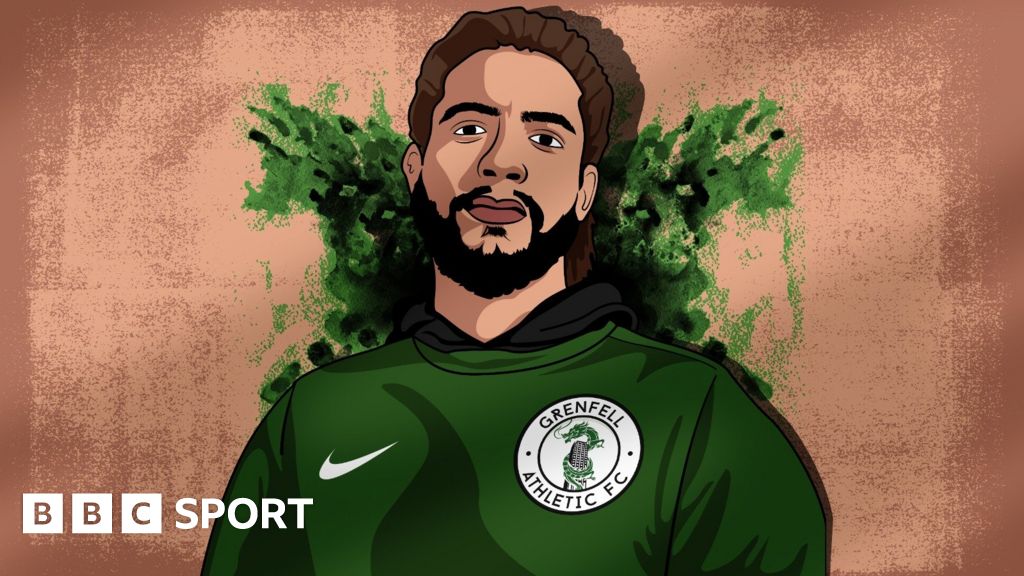“They assessed my social, tactical, technical, physical and psychological abilities, and I excelled in everything. They said technically I was one of the best players but when it came to physicality they always said ‘too short’.
“No matter where I went, I’d have to fill out forms that asked about the size of my parents. I feel like the UK is way behind in terms of philosophy on physicality. In a way that Spain, for example, isn’t.
“I’m quite an aggressive player, defensively. That’s been built up over time from people trying to tell me: ‘You’re too short.’ I go the extra mile.”
After leaving Fulham, Hayden-Smith had trials elsewhere, including at Queens Park Rangers and Watford.
“It was always like: ‘We really love you as a player, we think you’re great, but not right now.'”
Then he was picked up by Brentford.
“I wanted to make it for my mum and give something back,” he says.
“Football is a life-changing opportunity. Mum was a single parent of four and we lived in a council house, so when I signed with Brentford’s academy it felt like it was all worth it.
“My mum used to be my biggest fan, shouting and screaming when I was playing. She drove me everywhere and gave me the confidence to enjoy it.”
When he was 13, Hayden-Smith’s mum was diagnosed with cancer and she became severely ill a year into his time at Brentford.
“I really struggled – academically and with football,” he says. “Brentford were so accommodating, but my performance was compromised. I think at 16, they had the option to give me a scholarship and they turned me down.”
Hayden-Smith’s mum, Nancy, died when he was 23, by which time his life looked very different.
After leaving Brentford, he spent time at Aldershot Town, Newcastle, Crystal Palace and back at Fulham, where he would break his wrist during a game.
After six weeks out, another chance had gone. His next club was AFC Wimbledon, and he loved his time there.
But at 17 he found out he was going to be a dad and decided to take a break – just, as he would later be told by an agent, as he was about to be offered a professional contract.
“It was very unexpected and I had to adapt my life,” he says. “My dad was never around and that kind of showed me how not to be. So there was no question in my mind – I would be there for my son.”



